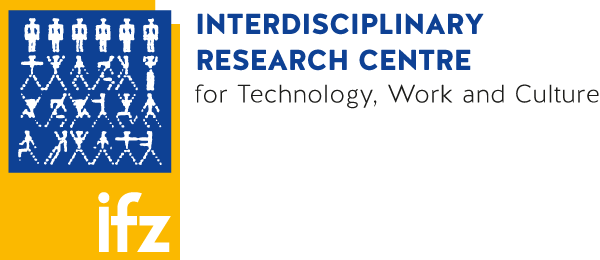Mobility
Mobility is one of the prerequisites for the functioning of our society and economy. However, our current mobility system is associated with the known negative consequences for people (including noise) and the environment (including energy consumption). We examine possibilities and developments towards a more environmentally friendly mobility system.
Some of the questions we tackle in our projects:
- What are the social effects of new mobility technologies?
- Which political instruments are suitable to influence everyday and leisure mobility?
- What are the barriers that prevent the use of more environmentally friendly mobility systems?
For more information, please contact Jürgen Suschek-Berger.
Research Topic
